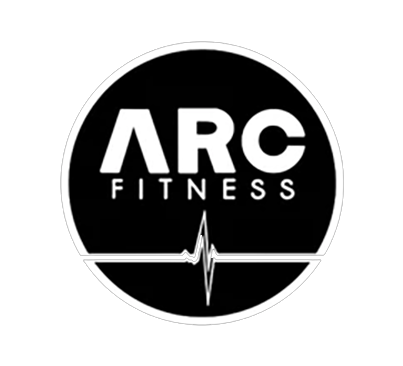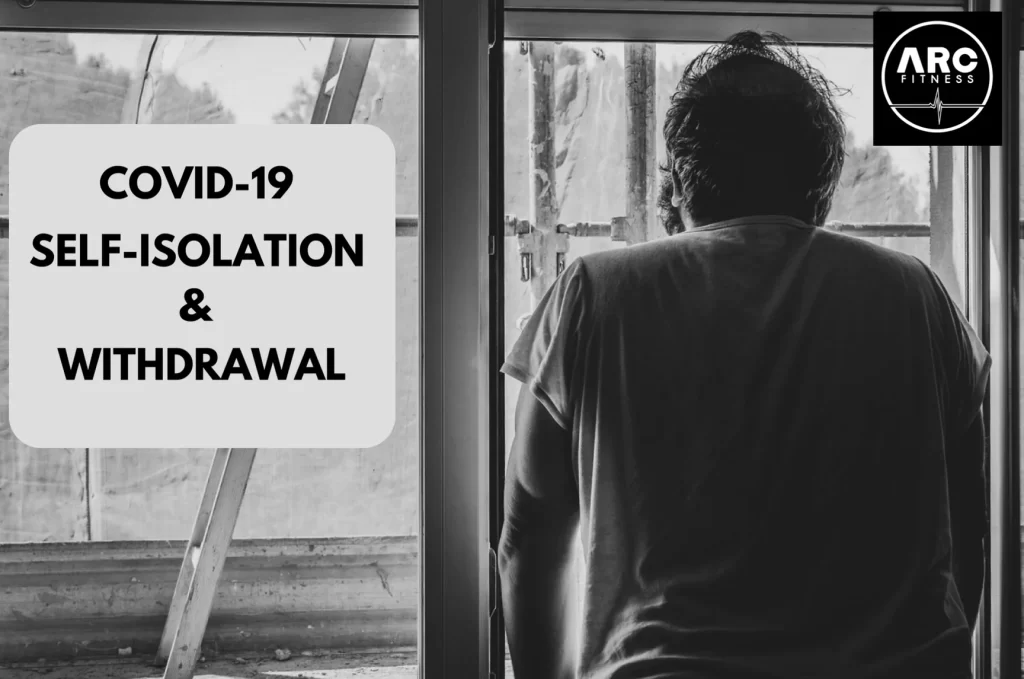No products in the basket.
Arc Fitness
Self-Isolation & Withdrawal
Self-Isolation & Withdrawal
So the S#@t has hit the fan.
Who would have thought 4 weeks ago that we were going to be looking at a pandemic, social distancing, shielding techniques and self-isolation? With some countries even looking at lockdown. It crazy and uncertain time in our society and we will need each other more than ever to share resources, information and skills.
If you are a dependent alcohol or drug user this may be a difficult time and testing time for you coming up. You could see dramatic changes in you substance use – reduction in supply, quality of drugs etc.. Because of this you may run the risk of Withdrawal.
The duration, intensity, and type of withdrawal symptoms will differ based on which drug was used, the method of abuse, the level of dependency, and if there are any co-occurring disorders present. Some substances, such as alcohol, benzodiazepines, and opioids, should never be stopped “cold turkey,” or suddenly, as withdrawal symptoms can be significant and even life-threatening.
Therefore, risk of withdrawal should be highlighted and how to manage it safely. I will provide some simple techniques that have helped me in the past and others that will be useful in this ever-changing environment.
Firstly, it’s important to note the Side effects of drug/alcohol withdrawal. that it may include and not be limited to:
- Insomnia
- Depression
- Irritability
- Nausea & vomiting
- Diarrhea
- Abdominal cramps
- Muscle aches
- Tremors
- Respiratory distress
- Sweating
- Delirium/hallucinations
Contacting your GP / Mental Health professional should always be your first point of call to seek medical advice. Medical detox is a program that lasts 5 days on average and utilises medication to manage withdrawal. It is essential do this if you have a history of alcohol-related seizures, DT’s or physical health issues.
In order to keep yourself safe in the uncertain times ahead it is important to know there are various helpful methods of managing withdrawal.
Exercise regularly.
Healthy amounts of exercise can help the brain to release endorphins and thus positively restore chemical balance. Exercise can also reduce tension and stress and help a person to sleep better while enhancing self-esteem. Going for a walk can improve physical health, which can, in turn, enhance mental health and stability during withdrawal.
Eat balanced and nutritious meals.
Diet can play a big role in healing both the mind and body. Eating meals that are rich in proteins and essential vitamins and nutrients is essential for restoring healthy brain and body functioning. Drugs and alcohol can deplete the body of what it needs to run efficiently, and it is vital to replace these nutrients during withdrawal to expedite healing. Staying away from caffeine, refined sugars, processed foods, oils, and saturated fats can help also.
Stay hydrated.
Dehydration is common during withdrawal. It is important to drink enough water to allow the body to heal properly. Many times, cravings may be mistaken for thirst or hunger. Keeping the body properly hydrated and nourished can aid in reducing these instances.
Stick to a structured sleep schedule.
Getting the proper amount of sleep is vital to healing and emotional health. When a person is well rested, they are better able to think clearly and control mood swings and cravings. Going to bed at the same time every night and waking up at the same time in the morning is a good way to establish a healthy sleep schedule. Sleep is often disrupted during withdrawal and trying to regulate it via good sleep habits can help.
Join a support group.
Online support groups are available during this time of social distancing. Groups like 12-Step programs and peer support groups (such as Alcoholics Anonymous, or AA) can offer encouragement and tips for those new to sobriety as members have already been there and come through the other side. Support during withdrawal is important for minimizing relapse. Surrounding oneself with others who are committed to sobriety, albeit online, and have similar goals can be highly beneficial during withdrawal and into ongoing recovery.
Stretching, yoga and/or mindfulness.
Stretching and yoga poses can stimulate blood flow and circulation relieving tension and muscle pain. Mindfulness meditation and yoga use breathing techniques to help people become more aware and in tune with their bodies. By understanding and responding to physical cues, a person can better understand the emotional response involved.
Communicate with a family member, loved one or friend regularly.
Talking is a form of therapy in and of itself, and it can be helpful to externalise thoughts, emotions, and difficulties in order to avoid bottling them up and making them worse. Reach out to people, remain connected and lighten the load.
Participate in relaxation techniques:
Learning how to slow down thoughts and regulate breathing can help to reduce anxiety and other negative emotions. There are plenty of apps available online to help.
Stay safe. Stay connected. Stay Healthy

